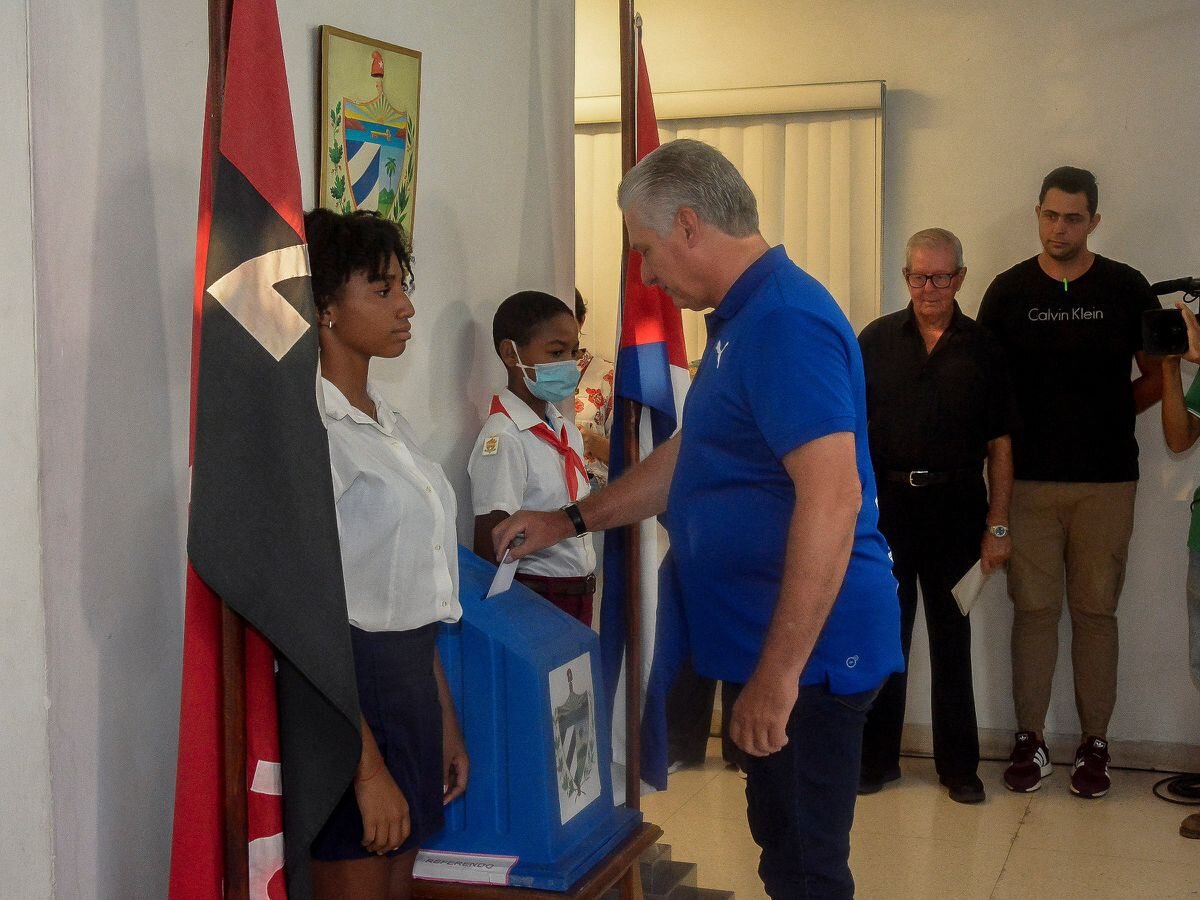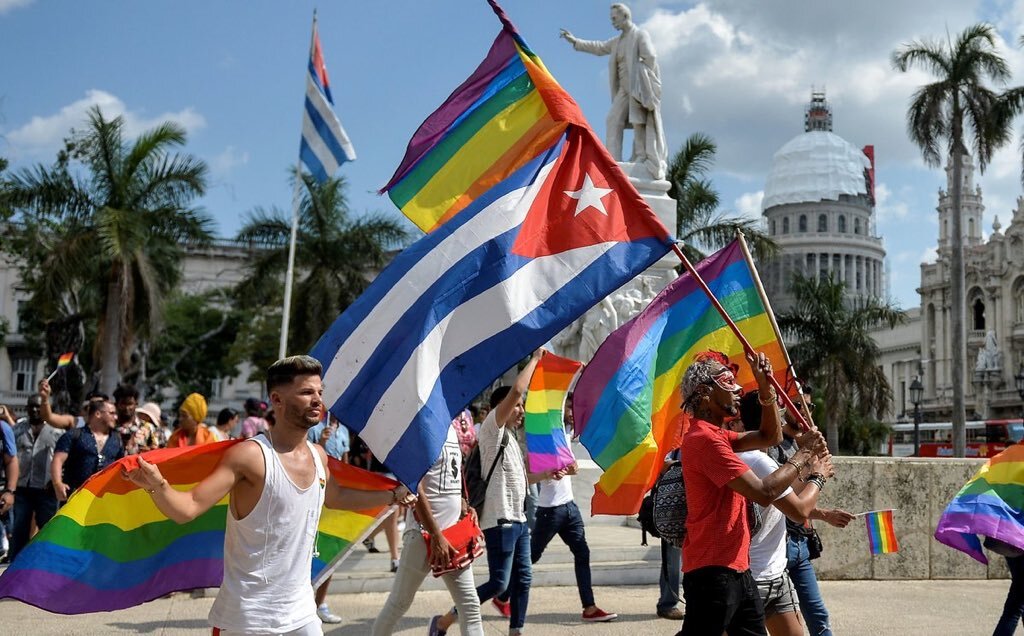The family code also includes new measures against gender violence, greater protection of elderly people, and broader rights for grandparents regarding grandchildren.
The code has undergone 25 drafts, nearly 80,000 town hall-style meetings and 300,000 suggestions from the public.
The country’s National Electoral Council announced 74.1 per cent of those eligible to vote in Sunday’s national referendum had gone to cast their ballot.
The majority of voters supported the referendum, with 94 per cent of the vote counted there were 3,936,790 who voted in favour of it and 1,950,090 against.
It was a culmination of the efforts by gay rights activists and a very significant moment for Cuba, which saw gay people persecuted and sent to government work camps during the 1960s and 70s.

The government of Cuba had backed the law change and ran a national campaign that urged people to approve it.
“Most of our people will vote in favour of the code, but it still has issues that our society as a whole does not understand,” said the Cuban president Miguel Díaz-Canel.
There was still stiff opposition against the reforms from the growing evangelical movement and other church groups and conservatives.
Some anti-government activists consider the referendum to be an effort by the state to improve its human rights reputation.
Parts of the opposition also urged Cubans to vote against the referendum to grab a unique chance of defeating the communist government in the polls.
The referendum came as the country goes through its worst economic crisis in three decades which has been aggravated by the coronavirus pandemic.






